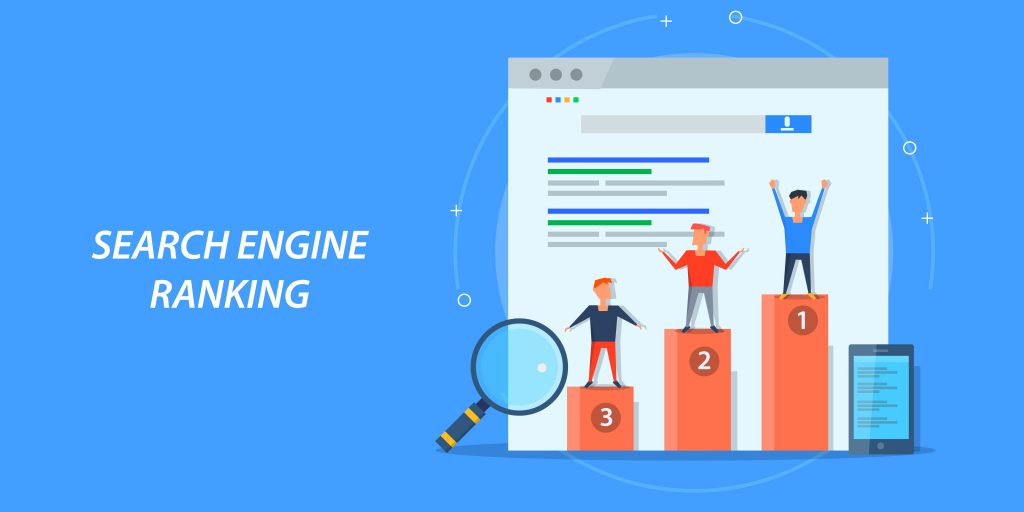Search Engine Optimization (SEO) is a powerful tool that, when used correctly, can dramatically boost the traffic to your website, sometimes overnight. Most people are familiar with the basic principles of SEO, but it’s actually a complex and nuanced process, and getting it wrong can cause your traffic to drop. Here are the most common SEO mistakes that most businesses make with that in mind.
#1 Keyword stuffing

A simple rule of thumb for SEO is that keywords are good, but keyword stuffing is bad. A few relevant keywords weaved subtly into a piece of writing work wonders and helps Google to accurately categorize your site, leading to a higher ranking. On the other hand, keyword stuffing means cramming too many keywords (often at the expense of syntax and logic) into a piece of text. Search engine algorithms are intelligent, can easily identify spam, and act accordingly.
#2 Bad linking
Following on from the previous point, bad linking is another major mistake that can see your website categorized as spam. Bad linking simply means linking to sites that Google has already classified as spammy. These are usually easy to spot. URLs like freeiphonesforyou.com are clearly spam and should be avoided. As a general rule, only link to sites that add genuine value for your readers.
#3 Cluttered layouts
It’s a simple fact that search engines prioritize user experience and rank websites accordingly. A cluttered or out-of-date layout, difficult to navigate menus, and broken images make a website hard to use. Algorithms scan sites for usability as well as the content. Always opt for a modern, clean theme, keep menus streamlined and leave plenty of white space. A site that’s easy on the eye ranks highly with search engines.
#4 Neglecting mobile traffic
Mobile traffic is an important source of traffic for websites, and there’s plenty of evidence to suggest that it will one day overtake the desktop as the primary way to access the content. Neglecting mobile traffic is a mistake and one that will see you penalized by Google. Search engines want sites to be as widely accessible as possible. They’ll naturally rank fully optimized sites higher in search results than those that look good on desktop but glitchy and broken on mobile.
#5 Duplicating content
Search engines are constantly on the lookout for spam. Recycling content (even when it’s been reworded) is one of the easiest ways to get your site flagged as spammy. Search engines (and users) want original, fresh content, not rehashed information that they’ve already read before. Endlessly producing new content is difficult, but working with companies like the Energy SEO Agency helps. These agencies write content to order on a topic of your choosing. Better still, they ensure that it’s rich in SEO elements to ensure maximum traffic.
#6 Designing a slow site
Nobody enjoys a website that’s slow to load, and these invariably rank low with Google. Fortunately, it isn’t too difficult to speed up your site’s loading times. Scale back or remove unnecessary images, ax plugins and keep videos to a minimum (turn off autoplay, too). Remember that search engines prioritize user experience. Make your site pleasant to browse and the rankings will follow.